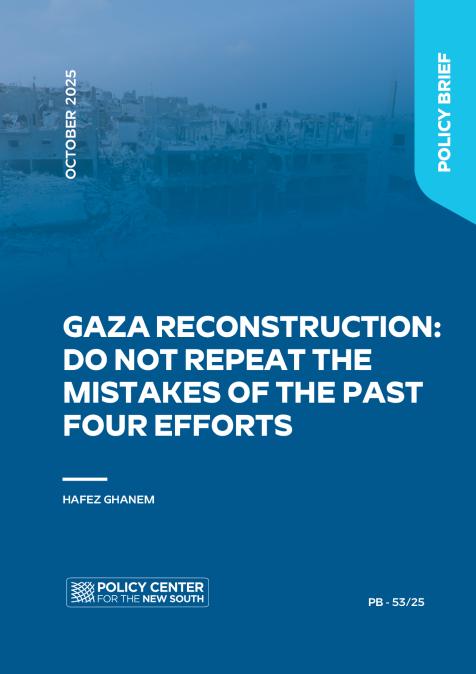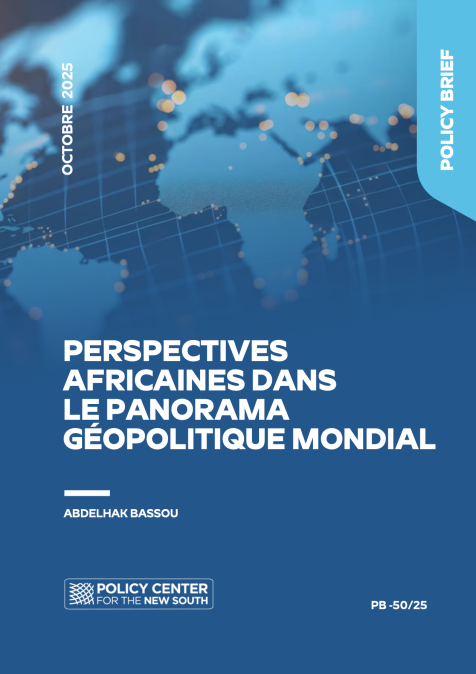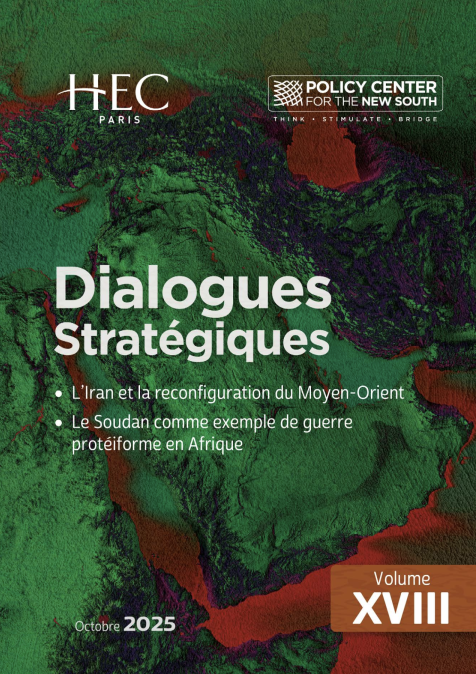Podcasts
Argentina: 100 days of change
Related topics:
This podcast is performed by Santiago Villar. In December 2015 a new President took office in Argentina: Mauricio Macri. These elections left behind 12 years of government of the "Victory Front", headed by Nestor Kirchner (2003-2007) and his wife Cristina Fernández de Kirchner (2007-2015). The new president will face several challenges such as inflation, stagnation, high levels of corruption and an increasing fiscal deficit, among other. Since his party ("Let's Change") will not have majority within the Parliament, he will need to reach agreements with other parties in order to move forward with his government agenda. Through this talk we will try to evaluate the first 100 days of Mauricio Macri's government and to present a possible future scenario for the rest of the year 2016.









